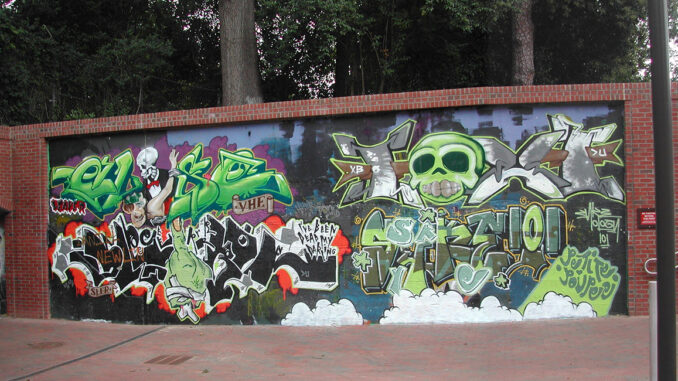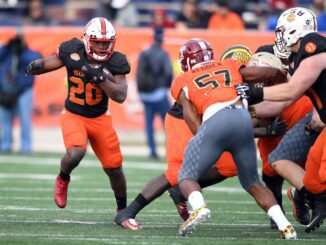
RALEIGH — The recently published 2025 College Free Speech Rankings Report by the Foundation for Individual Rights and Expression (FIRE) and the College Pulse has two North Carolina colleges ranked in the top 10.
NC State was ranked seventh and UNC Charlotte ninth in the annual rankings. East Carolina (13th) and UNC Greensboro (22nd) were also among the top 25 schools.
The University of Virginia ranked first, while Harvard University ranked last for the second consecutive year. Tying Harvard’s overall score was Columbia University. Along with Harvard and Columbia University, New York University also received an “abysmal” rating for campus speech atmospheres.
The annual FIRE survey examined students’ comfort in expressing minority viewpoints and openness to controversial speakers across 257 colleges, with 58,807 undergraduates participating between January and June.
“These rankings highlight a pivotal moment in higher education, where the tension between maintaining a free speech environment and navigating deeply polarizing issues is more pronounced than ever,” FIRE CEO Greg Lukianoff said in a press statement on the Report.
“The Middle East crisis plunged campuses into absolute chaos last academic year and administrators largely failed in their response, clamping down on free speech protections instead of fostering spaces for open dialogue,” said Lukianoff. “The nightmare scenarios of last spring cannot be repeated this fall. Colleges need to reassert their mantle of being marketplaces of ideas, not bubbles of groupthink and censorship.”
According to the report, 55% of students, a record high, found it difficult to have open conversations about the Israeli-Palestinian conflict on campus.
In a supplementary report on anti-Israel/pro-Gaza encampment protests, 15% of students said they feel “very” or “somewhat” unsafe on campus, and 37% said they feel “very” or “somewhat” unsafe on their campus with regard to police response to the encampments.
Students reporting they self-censor dropped slightly in this year’s report.
Seventeen percent of students said they feel they cannot express their opinion on a subject because of how students, a professor or the administration would respond — a three-point drop from the previous year’s 20% and a five-point drop from 22% in 2022.
Students who consider themselves very conservative self-censor the most, with 34% saying they do so “very” or “fairly” often. Students who were somewhat conservative reported self-censoring “very” or “fairly” often came in at 24%, as well as 22% of slightly conservative students.
Conversely, only 15% of very liberal students reported engaging in self-censorship “very” or “fairly” often. Additionally, 12% of somewhat liberal students and 13% of slightly liberal students reported the same on self-censorship. The same answer rose slightly to 17% of moderate students.
Other findings from the report include:
• 32% indicated that using violence to stop a campus speech is at least “rarely” acceptable, up from 27% last year and 20% two years ago.
• 42% of students believe it is only “somewhat” clear that their administration protects free speech, while 24% believe it is “not at all” or “not very” clear.
• 47% of students believe their administration would only be “somewhat” likely to defend a speaker’s rights during a speech controversy. Only 28% believe their administration would be “not at all” or “not very” likely to do so.
• 52% of students said blocking other students from attending a speech is at least “rarely acceptable,” an increase from last year’s 45%.
• 69% of students said it is at least “rarely” acceptable for other students to shout down a speaker. That’s an increase of six points from last year.
The report also noted that 148 scholar sanctions happened on 83 of the campuses surveyed. The report says 14 schools were “each the site of three or more scholar sanctions” that “altogether accounted for 61 of the 148 scholar sanctions” factored into FIRE’s free speech rankings. UNC Chapel Hill was among the 14 schools.
UNC Greensboro was praised in the report for “supporting free expression in response to a student sanctioning attempt.”
The data can be viewed at rankings.thefire.org.



